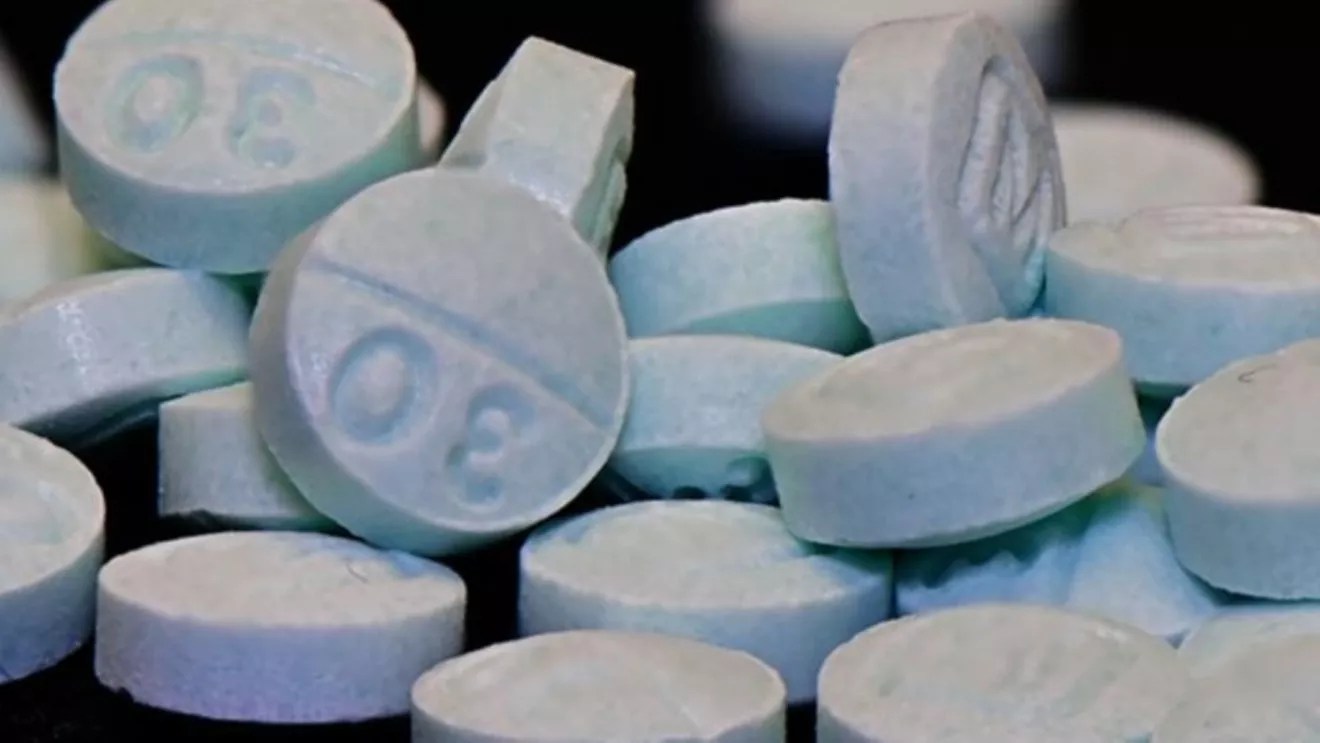

Audio By Carbonatix
Near the end of the 2022 session, which concluded late May 11, the Colorado legislature approved a version of HB22-1326, “Fentanyl Accountability And Prevention,” a measure addressing the rise of a synthetic opiate whose use can have deadly consequences. But the provision that finally pushed the bill over the line and onto a path that leads directly to the desk of Governor Jared Polis – who’s already said he’ll sign it – remains extremely controversial.
The final bill allows prosecutors to charge individuals with a felony for possessing 1 gram or more of fentanyl even if the substance had been secretly added to another drug and they had no idea what they possessed. That was the case with five people who died in the same Commerce City house in February; they’d used cocaine that turned out to have been laced with fentanyl. And in a March interview with Westword, Lisa Raville, executive director of the Harm Reduction Action Center, noted that this incident is far from isolated.
Raville, whose organization’s mission is to “educate, empower and advocate for the health and dignity of Denver’s people who inject drugs,” has argued against re-felonizing possession of drugs in Colorado, including fentanyl, and she’s been highly critical of HB22-1326. While the bill’s funding of “non-laboratory synthetic opiate detection tests,” shorthanded as testing strips, was one of its least divisive aspects, Raville believes the strips have nearly outlived their usefulness. HRAC has supplied them since 2018 “so people can test their drugs before they use,” she said. “But we probably won’t be giving out the strips in the next six months, because everything will have fentanyl in it.”
In the future, the strips’ main use could be by district attorneys. The final version of the bill gives defendants the opportunity to argue that their charges should be reduced from a felony to a misdemeanor because they didn’t realize they possessed fentanyl – an argument that prosecutors will be able to counter by saying they should have used a strip to test their drugs. Critics like Raville fear the result could be a new batch of addicts clogging Colorado jails and prisons.
The fight over the bill dragged on for more than a month. Speaker of the House Alec Garnett, its lead sponsor, went on a March 23 media tour to hype the legislation before it was formally introduced, in an attempt to build momentum for passage in advance. But in the weeks that followed, there were at least 75 votes on amendments to the bill, many of them having to do with making possession a felony. And the proposal was debated up to the end on May 11, when the final tally was 62 yeas and 38 nays overall: 27-8 in the Senate, 35-30 in the House.
Last month, a poll funded by the Colorado Criminal Justice Reform Coalition found that the majority of those surveyed opposed increasing the penalty for possessing small amounts of drugs from a misdemeanor to a felony, and even more favored prevention and treatment over incarceration to deal with increasing narcotics use. But the survey didn’t use the word “fentanyl” – an indication that reformers fear the term has become so demonized that its mere mention could have skewed the results.
Nonetheless, Colorado will soon be dealing with a new fentanyl law – and possibly also the law of unintended consequences.